2020 VELOCITY FELLOWS
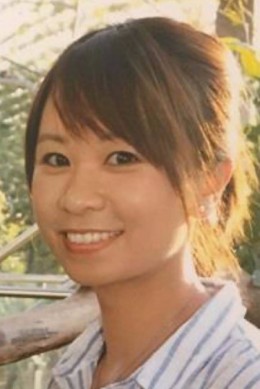 |
Christine Chio, PhD is unlocking the mechanisms of an especially lethal form of pancreatic cancer, which is difficult to detect, and resistant to treatment. |
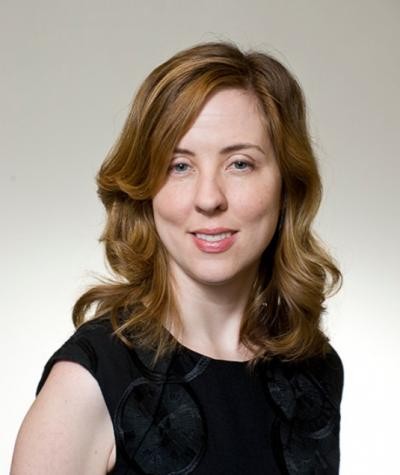 |
Eileen Connolly, MD, PhD, is researching why some cancers are resistant to radiation therapy, and how we can make those interventions more effective. |
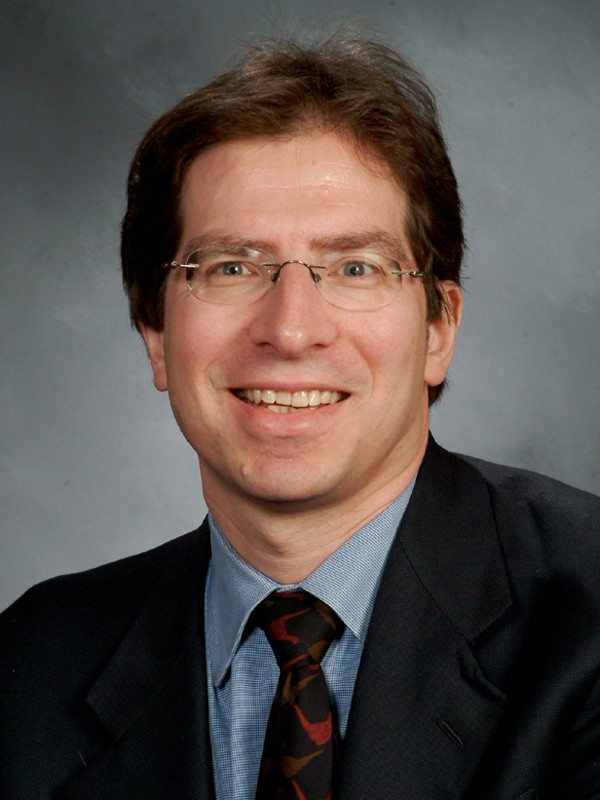 |
John C. Markowitz, MD, is studying the links between breast cancer and depression – and how to treat patients successfully, simultaneously, for both. Breast cancer and depression unfortunately go together, with each disorder worsening the course of the other. Both are treatable, although when you’re depressed it may not feel that way. We know that people who develop major depression in the context of breast cancer get better with antidepressant medication or with brief evidence-based psychotherapy, but the two approaches have never been compared to one another. The Velocity Fellows funding has given Dr. Markowitz and his colleagues the opportunity to do so. They are now three-quarters of the way through a randomized controlled 12-week tele-psychiatry trial, comparing treatment by Zoom with a serotonin reuptake inhibitor medication (venlafaxine or escitalopram) to Interpersonal Psychotherapy (IPT), and are looking to complete enrollment by the end of the summer. Thus far, patients who have remained in treatment have generally gotten better.
|
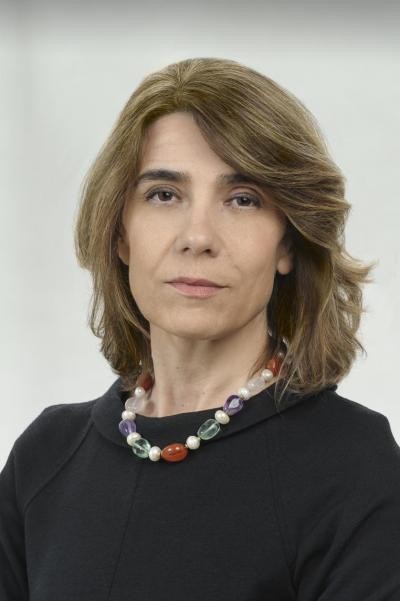 |
Laura Pasqualucci, MD and Riccardo Dalla-Favera, MD are investigating the mechanisms in the spread of a rare lymphoma and looking to turn these insights into targeted treatment to stop the growth of tumors. Diffuse large B lymphoma – or DLBCL – is an aggressive cancer of the lymphatic system; over 18,000 cases are diagnosed each year. Drs. Pasqualucci, Dalla-Favera and their colleagues are elucidating the mechanisms by which this cancer mutates, in the hope of developing an intervention that can stop that mutation. They have also found that the tumors are functionally addicted to these mutations for their growth – so the hope is that, if these mutations can be slowed or stopped, the cancer will be as well. Funds from Velocity have allowed these investigators to further elucidate the origins of this cancer; to share their work with colleagues in publications and at conferences; and to assemble the data necessary to make this work eligible for further funding, from the NIH and the Leukemia and Lymphoma Society. |
|
Hee Won Yang, PhD is studying why some breast cancer patients develop resistance to a therapeutic treatment–called CDK 4/6 inhibitors–that have proven to be successful in other patients with similar diagnoses. Stopping the growth of any cancer is always a therapeutic priority, and in combatting breast cancer, doctors have had success by using medicines that interrupt the process by which breast cancer cells divide and multiply. The goal here is to suppress two specific proteins – known as cyclic-dependent kinases 4 and 6, or CDK 4/6 – which, in cancer patients, can become overactive, causing cancerous cells to divide uncontrollably. The therapies to combat them, then, are known as CDK 4/6 inhibitors – and they have been successful in stopping the growth of breast cancers in some – but not all – patients. Dr. Yang and his colleagues are investigating why these interventions are successful in some patients, but not others; and have identified a predictive biomarker – that is, they are developing the capacity to predict in which patients this therapeutic intervention will work, and for whom it likely won’t. |


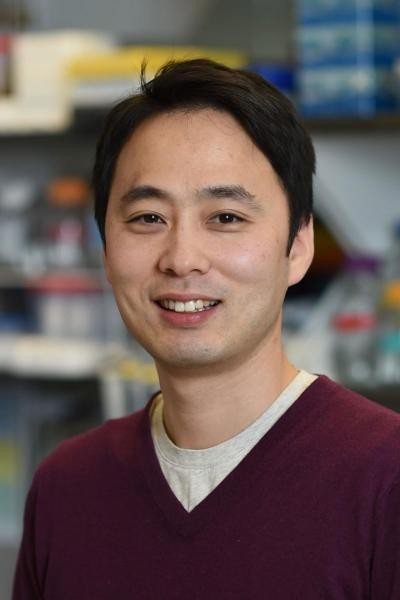
Get The Word Out